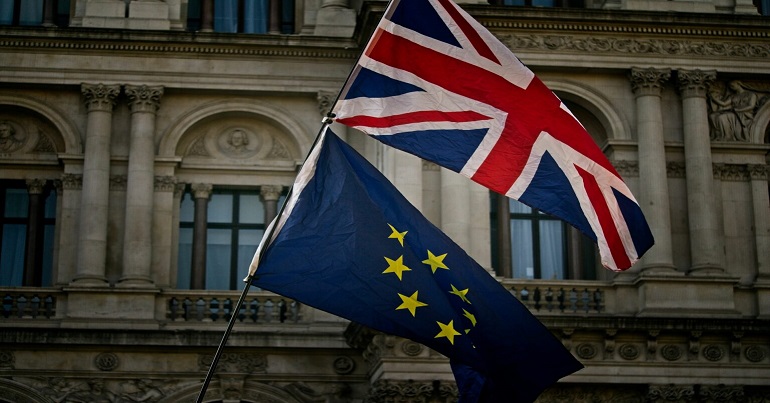BELFAST (Parliament Politics Magazine) – The Northern Ireland Brexit protocol isn’t “simple or straightforward,” but it is legal, according to the Belfast Court of Appeal.
It was concluded by Dame Siobhan Keegan, Northern Ireland’s lady chief justice, and two other judges in the court that the protocol did not illicitly trump the Acts of Union 1800, which established the place of Northern Ireland place in the United Kingdom, or elements of the Northern Ireland Act 1998, which followed the peace deal that year.
After a high court decision in a case that a group of unionist leaders, including Jim Allister, the leader of the Traditional Unionist Voice party brought forward, they were addressing complicated issues relating to the protocol’s legitimacy.
Former Labour MP Kate Hoey, Clifford Peeples, a member of the public, and Brexit supporter Ben Habib were all involved in the case.
The court of appeal found that international treaties were not a devolved matter, that the government acted within the boundaries of the law, and that decisions made by a national government that was elected democratically did not tie future governments centuries or decades later to their decisions.
Ciaran O’Hare, Peeples’ lawyer, said they will now explore whether to appeal to the highest court again because the case highlighted unusual issues about the confluence of law and the unwritten constitution.
What we say is that constitutional acts have a hierarchy, and the Acts of Union, which founded Northern Ireland, are at the top of that hierarchy.” This legal hierarchy concept has never been tested in court. It was mentioned in the case of HS2 [the high-speed train service in England], but not thoroughly examined, McIvor Farrell’s O’Hare said.
Keegan and two other justices agreed with the contention that “an unduly literal interpretation” of 1800s regulations did not necessitate “complete parity” with current laws governing the trade between Ireland and Great Britain.
The court found that the European Union (Withdrawal) Act 2018’s wording did not imply, as suggested by the high court, that the Acts of Union were repealed.






